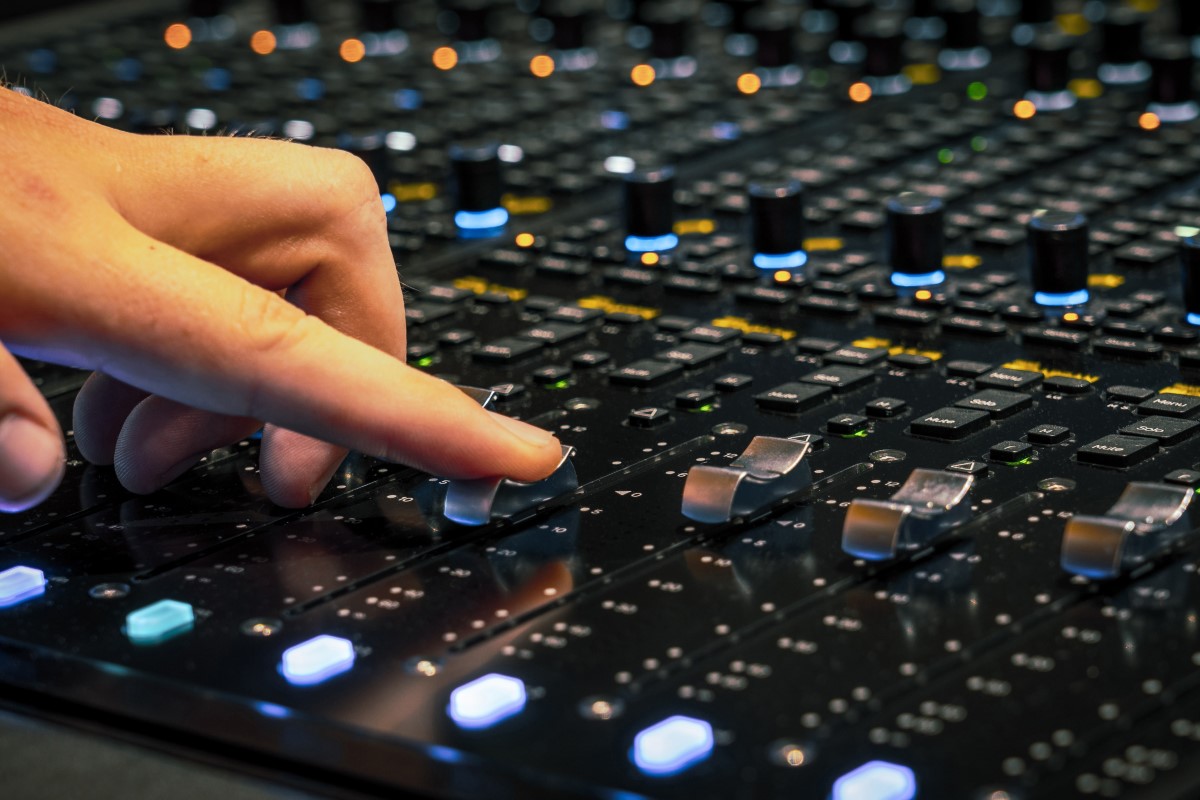I highly recommend you hire a mastering engineer if you can afford it. I send all of my tracks (which I’ve produced and mixed myself) to a mastering engineer who uses analog and digital gear. It gets the song in front of an objective and experienced pair of ears.
By the time you get to the mastering stage, you’ve been with your song for a while. You’ve lost objectivity. There could be something in your mix that you need to tweak before it hits Spotify, and a mastering engineer can catch those tweaks.
Music is subjective, but sound quality is not. And a good mastering engineer improves the quality of the track’s sound.
If money is a hindrance to getting your song mastered, I suggest checking out A.I.-powered mastering services, like LANDR, eMastered, and Aria Mastering. You could also check out A.I.-powered mastering plugins, like iZotope Ozone, Brainworx bx masterdesk, and master me (free).
Or, if you’re ambitious, you can start learning the basics of manually mastering your track. Check out this article.
